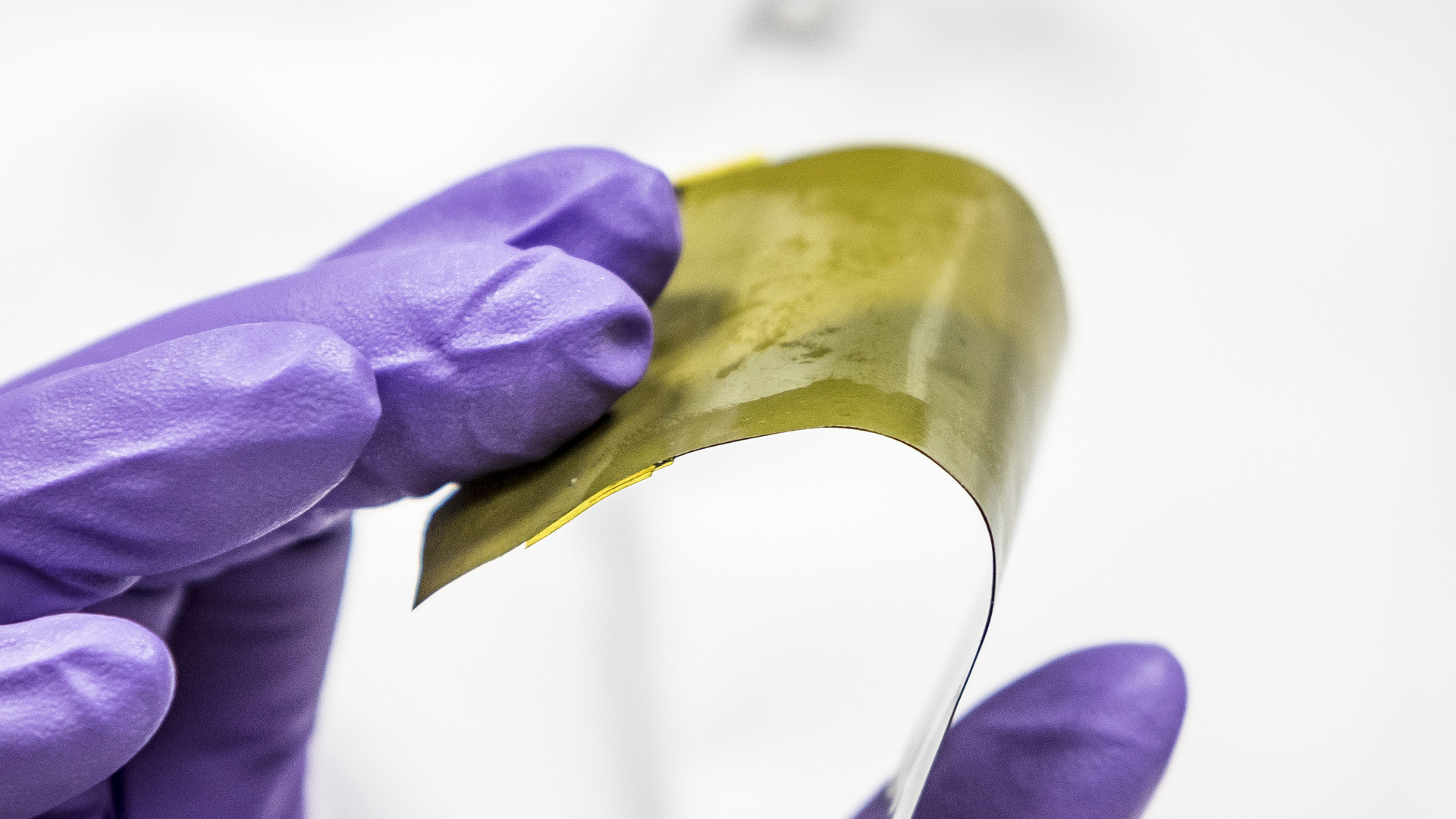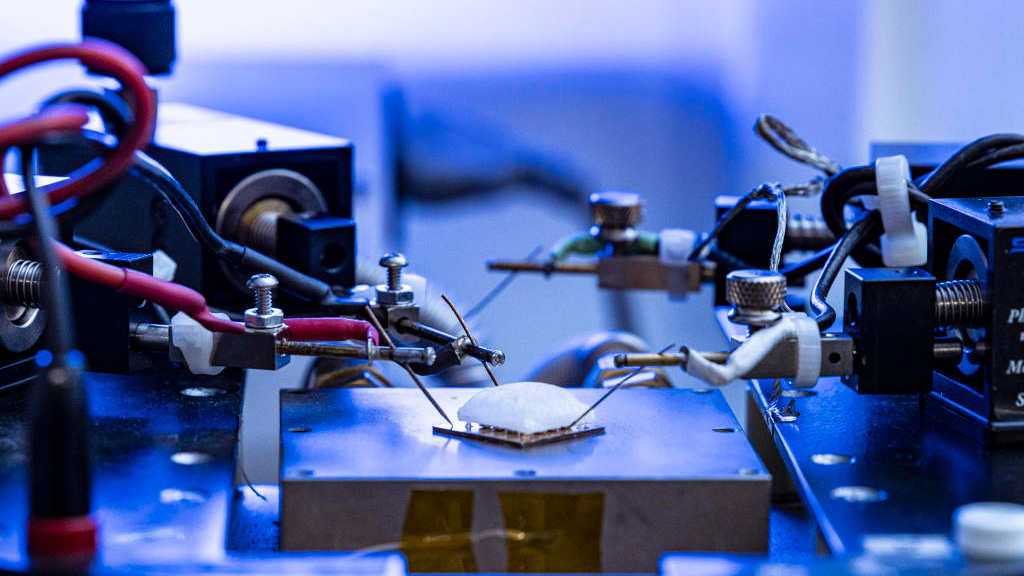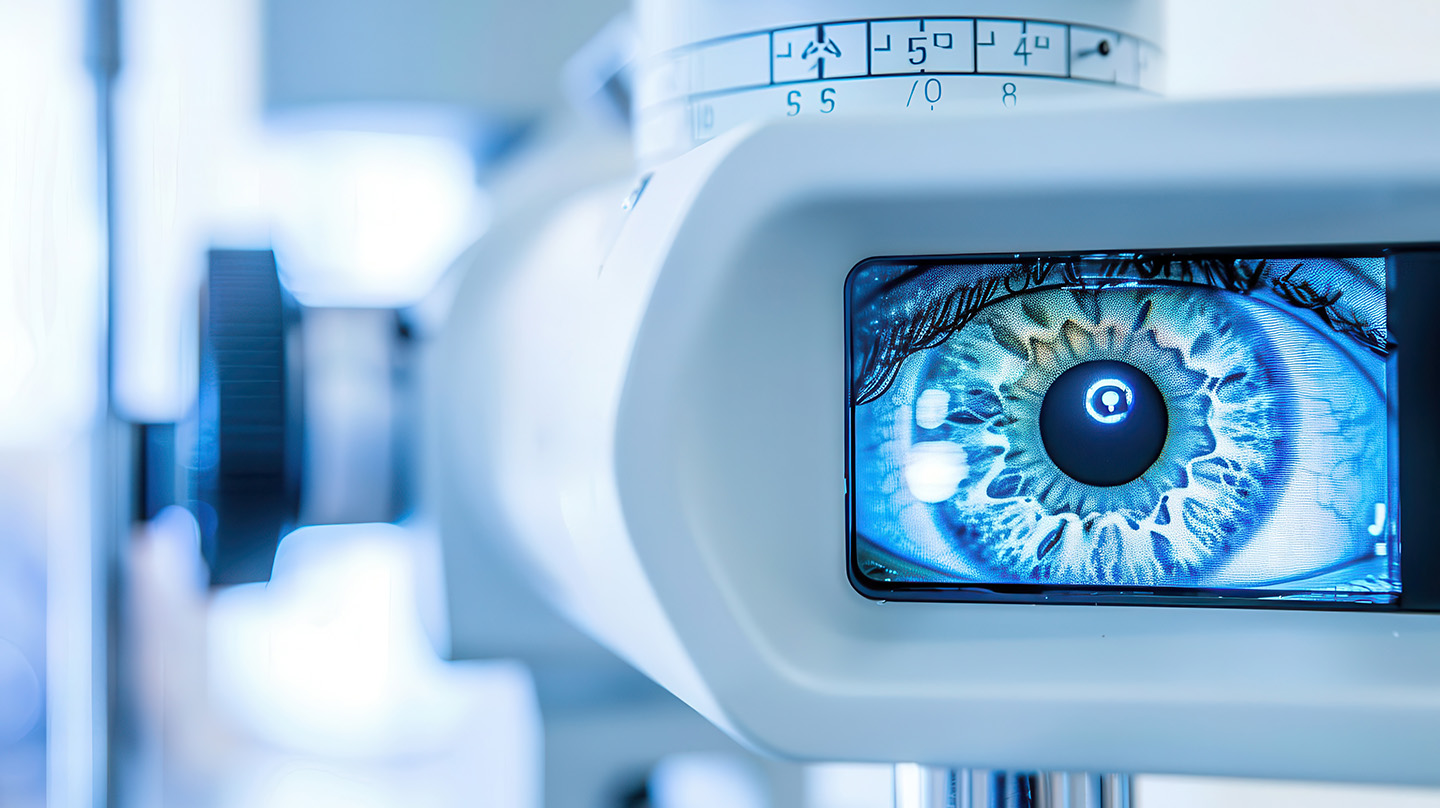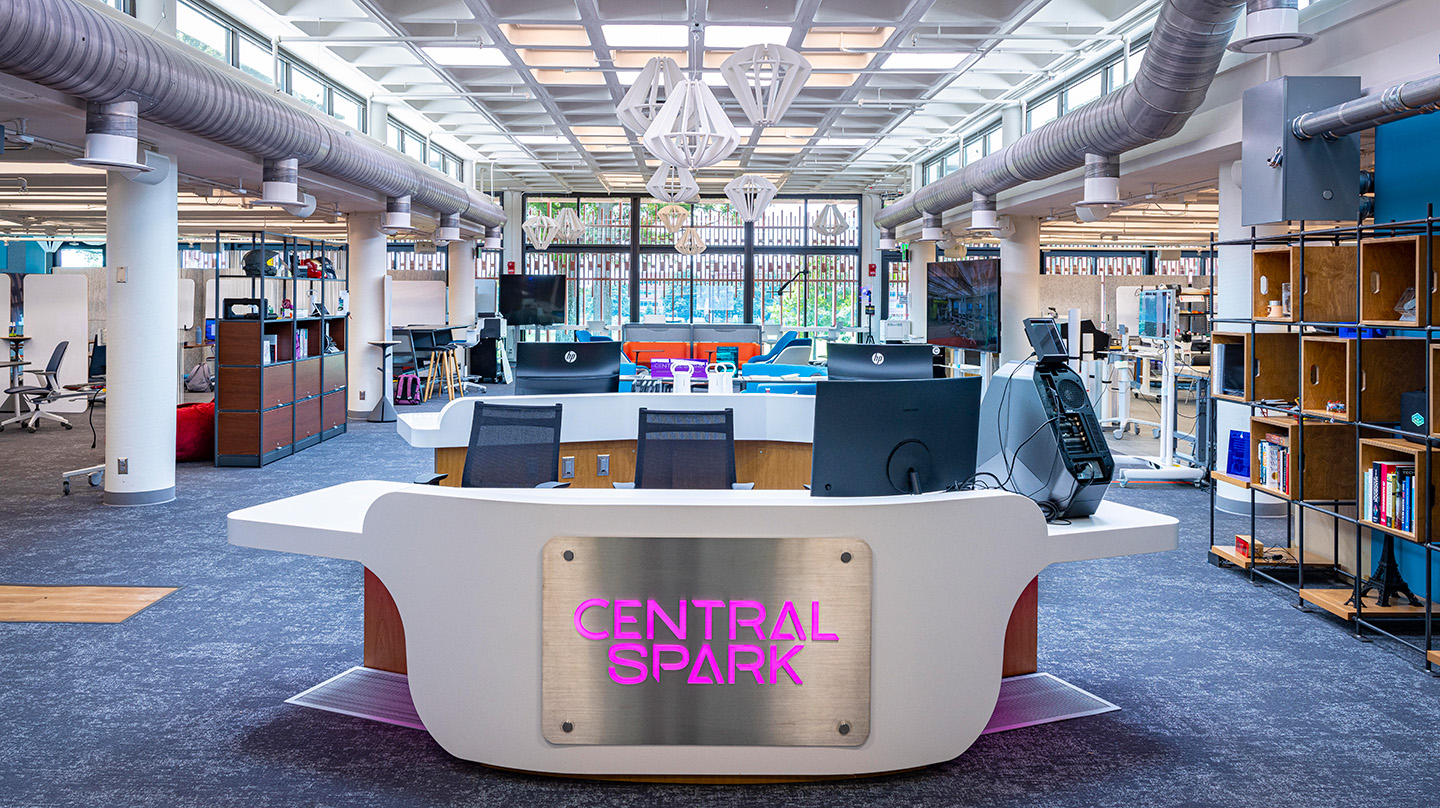
Tech Transfer
Access APL Innovation
APL technology can address industry needs that benefit our sponsors, the public, and the university and may foster economic development.
With a large portfolio of cutting-edge intellectual property and an experienced licensing staff, APL Tech Transfer offers businesses, not-for-profit organizations, and academia streamlined access to technological innovations made at the Laboratory.
Tech Transfer operates as a primary point of contact to identify available technologies and research capabilities at APL and to secure both licensing and partnership agreements for research and development.
Critical Commercialization Contributions
Twenty-Five-Year Cumulative Data (1999-2023)
- 6,544 intellectual property assets disclosed
- 2,250 U.S. provisional patent applications filed
- 1,127 license agreements executed
- 620 U.S. patents issued
- 810 U.S. non-provisional patent applications filed
- 57 new companies created
Related News

Johns Hopkins APL Technology Fuels Startup Launched to Deliver Safer, More Effective Pain Management Aug 14, 2025
A new startup, BIOPAC Medical Systems LP, has been launched to advance a novel neural blockade monitoring technology toward clinical use. The venture is a collaboration between APL, the Johns Hopkins School of Medicine, BLOCKsynop, Inc., and BIOPAC Systems, Inc., and will pursue regulatory approval and commercial deployment of a device that provides real-time, objective evaluation of regional anesthetic effectiveness.

Johns Hopkins APL Celebrates Master Inventors as Beacons of Innovation May 28, 2025
Kostas Gerasopoulos and Robert Osiander are APL’s newest Master Inventors — a select group of Laboratory staff members celebrated for careers focused on innovation and securing patents based on APL intellectual property.

Nano-engineered Thermoelectrics Enable Scalable, Compressor-Free Cooling May 21, 2025
Researchers at Johns Hopkins APL, in collaboration with Samsung Research, have unveiled a breakthrough in solid-state cooling technology, doubling the efficiency of today’s commercial systems. Driven by the Lab’s patented nano-engineered thin-film thermoelectric materials and devices, this innovation paves the way for compact, reliable and scalable cooling solutions that could potentially replace traditional compressors across a range of industries.

At-Home ‘Retinal Selfies’ May Provide a Window on Health Jan 16, 2025
Researchers at Johns Hopkins APL and the Johns Hopkins Medicine Wilmer Eye Institute in Baltimore are designing a retinal imaging platform in the form of wearable eyeglasses that has the potential to expand access to retinal imaging and generate enough data to train machine learning models for accelerated research and improved diagnostic capabilities.

Johns Hopkins APL Reaches Highest Mark for Intellectual Property Disclosures Jan 6, 2025
APL staff members filed a record 564 intellectual property disclosures in fiscal year 2024, reinforcing the Laboratory’s strategic value to sponsors and the nation and demonstrating an initial return on the Laboratory’s multimillion-dollar investments in transforming novel ideas into real and impactful solutions.

From the Battlefield to Breast Cancer Detection, Johns Hopkins APL Technologies Find Dual Impact Dec 4, 2024
APL researchers used artificial intelligence and two APL-patented imaging technologies to improve the accuracy and efficiency of breast cancer screening. The imaging technologies were originally created for satellite and military applications.